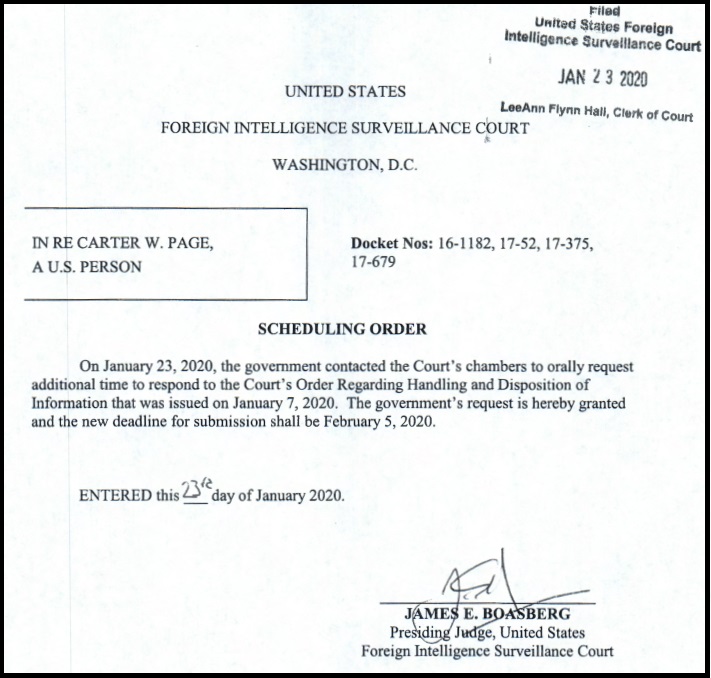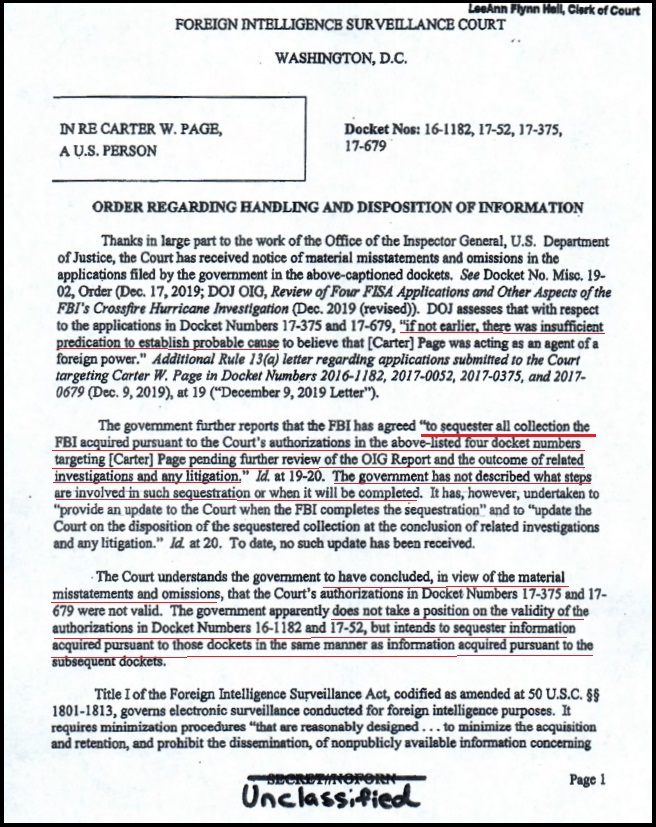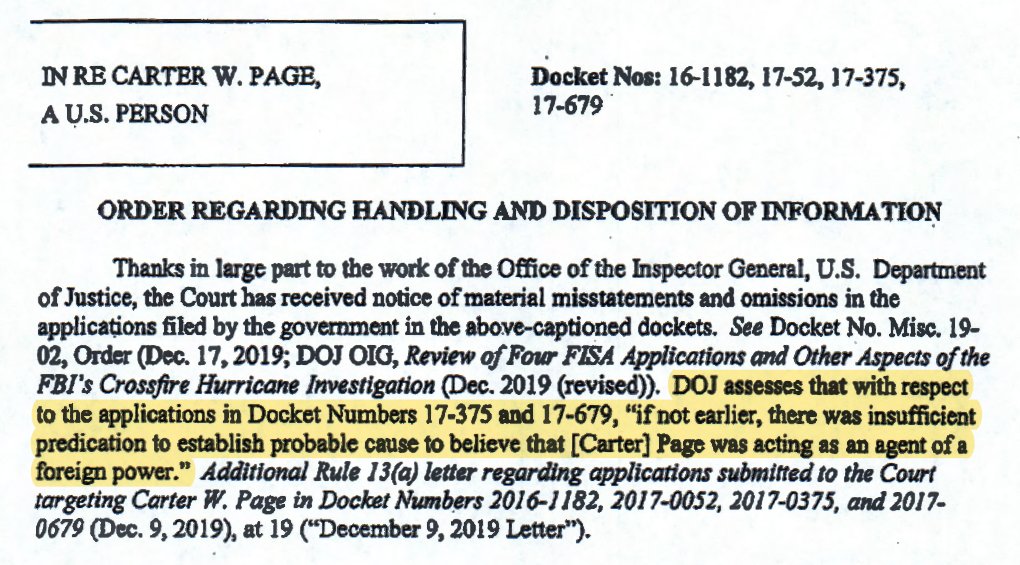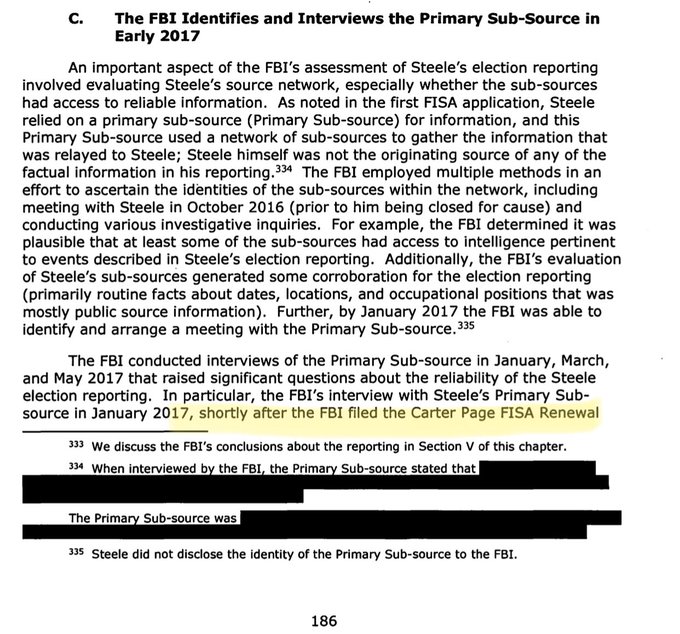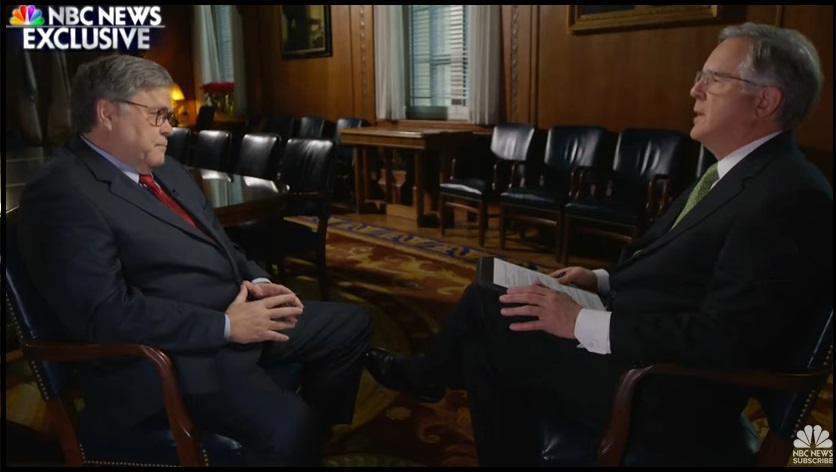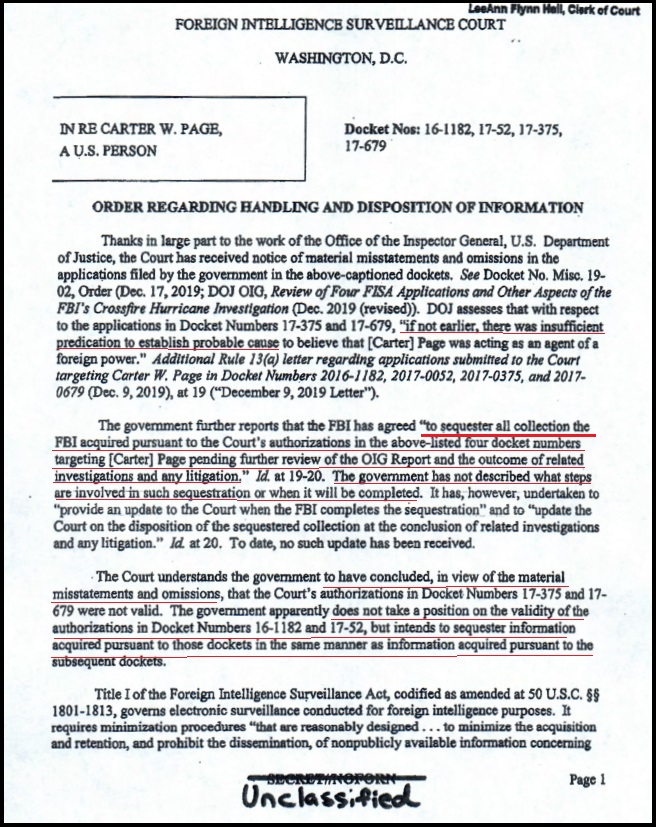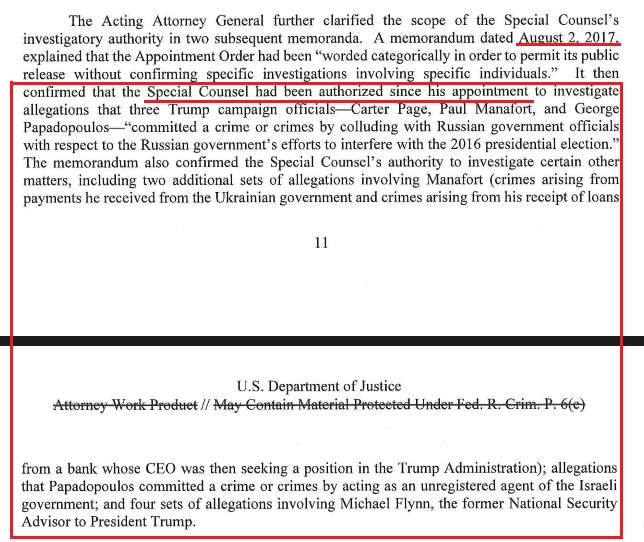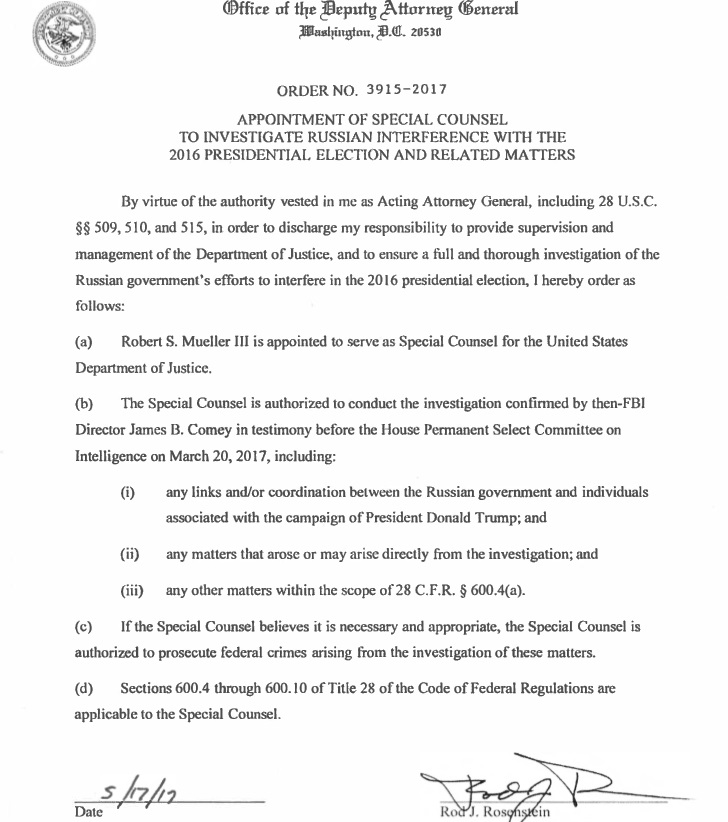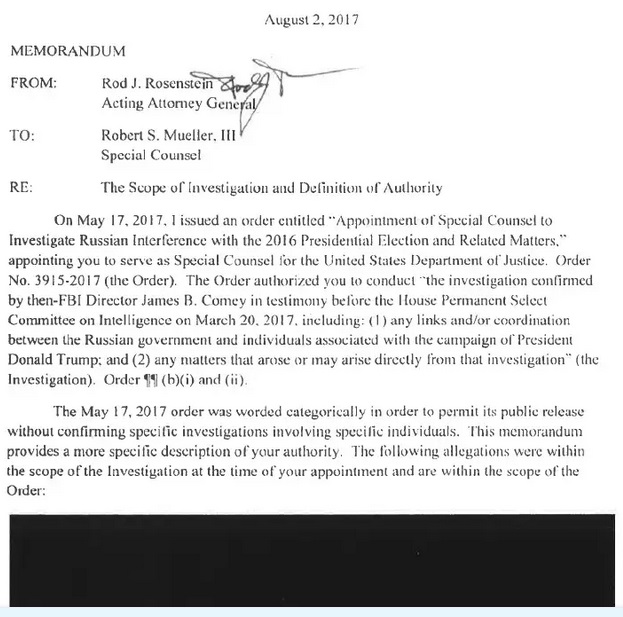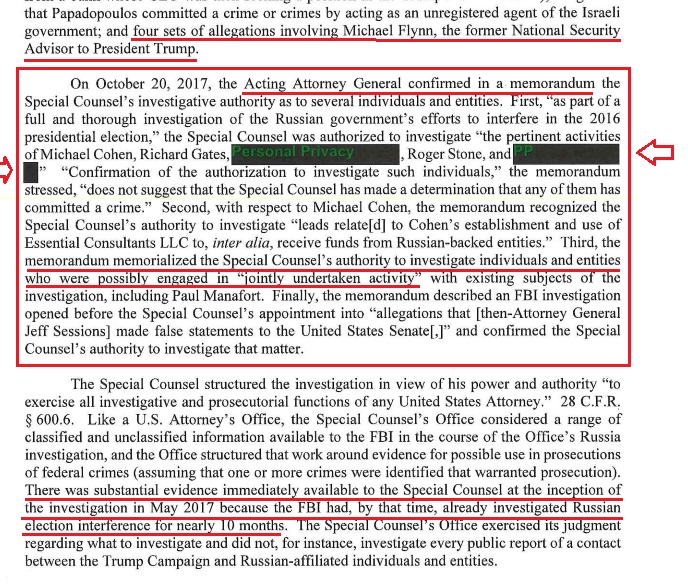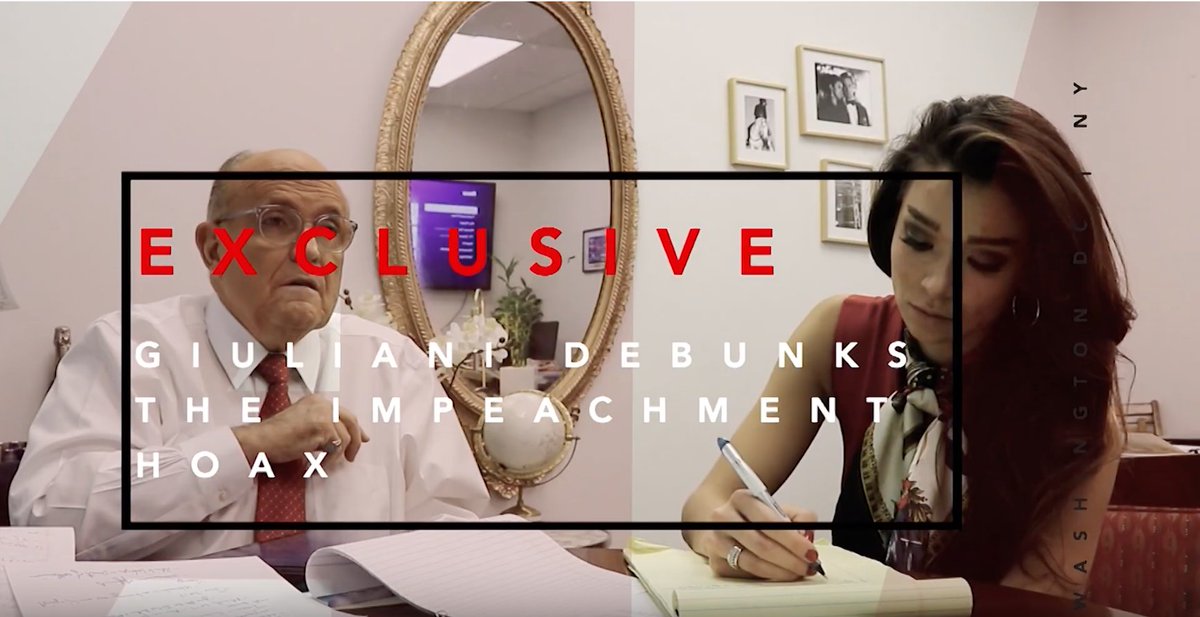Eric Ciaramella, right. He and a colleague, Sean Misko, below -- both now central to impeachment -- were Obama administration holdovers.
Barely two weeks after Donald Trump took office, Eric Ciaramella – the CIA analyst whose name was recently linked in a tweet by the president and mentioned by lawmakers as the anonymous “whistleblower" who touched off Trump's impeachment – was overheard in the White House discussing with another staffer how to remove the newly elected president from office, according to former colleagues.
Sean Misko: He spoke with Ciaramella about the need to "take out," or remove, President Trump. Later he went to work for Rep. Adam Schiff's committee.
Sources told RealClearInvestigations the staffer with whom Ciaramella was speaking was Sean Misko. Both were Obama administration holdovers working in the Trump White House on foreign policy and national security issues. And both expressed anger over Trump’s new “America First” foreign policy, a sea change from President Obama’s approach to international affairs.
“Just days after he was sworn in they were already talking about trying to get rid of him,” said a White House colleague who overheard their conversation.
“They weren’t just bent on subverting his agenda,” the former official added. “They were plotting to actually have him removed from office.”
Misko left the White House last summer to join House impeachment manager Adam Schiff’s committee, where sources say he offered “guidance” to the whistleblower, who has been officially identified only as an intelligence officer in a complaint against Trump filed under whistleblower laws. Misko then helped run the impeachment inquiry based on that complaint as a top investigator for congressional Democrats.
The probe culminated in Trump’s impeachment last month on a party-line vote in the House of Representatives. Schiff and other House Democrats last week delivered the articles of impeachment to the Senate, and are now pressing the case for his removal during the trial, which began Tuesday.
The coordination between the official believed to be the whistleblower and a key Democratic staffer, details of which are disclosed here for the first time, undercuts the narrative that impeachment developed spontaneously out of what Trump's Democratic antagonists call the “patriotism" of an “apolitical civil servant."
Two former co-workers said they overheard Ciaramella and Misko, close friends and Democrats, discussing how to “take out,” or remove, the new president from office within days of Trump’s inauguration. These co-workers said the president’s controversial Ukraine phone call in July 2019 provided the pretext they and their Democratic allies had been looking for.
“They didn’t like his policies,” another former White House official said. "They had a political vendetta against him from Day One.”
Their efforts were part of a larger pattern of coordination to build a case for impeachment, involving Democratic leaders as well as anti-Trump figures both inside and outside of government.
All unnamed sources for this article spoke only on condition that they not be further identified or described. Although strong evidence points to Ciaramella as the government employee who lodged the whistleblower complaint, he has not been officially identified as such. As a result, this article makes a distinction between public information released about the unnamed whistleblower/CIA analyst and specific information about Ciaramella.
Democrats based their impeachment case on the whistleblower complaint, which alleges that President Trump sought to help his re-election campaign by demanding that Ukraine’s leader investigate former Vice President Joe Biden and his son Hunter in exchange for military aid. Yet Schiff, who heads the House Intelligence Committee, and other Democrats have insisted on keeping the identity of the whistleblower secret, citing concern for his safety, while arguing that his testimony no longer matters because other witnesses and documents have “corroborated" what he alleged in his complaint about the Ukraine call.
Hunter and Joe Biden: Subjects of the Ukraine phone call at the center of Trump's impeachment.
Republicans have fought unsuccessfully to call him as a witness, arguing that his motivations and associations are relevant – and that the president has the same due-process right to confront his accuser as any other American. The whistleblower’s candor is also being called into question.
It turns out that the CIA operative failed to report his contacts with Schiff’s office to the intelligence community’s inspector general who fielded his whistleblower complaint. He withheld the information both in interviews with the inspector general, Michael Atkinson, and in writing, according to impeachment committee investigators. The whistleblower form he filled out required him to disclose whether he had “contacted other entities” -- including “members of Congress.” But he left that section blank on the disclosure form he signed.
The investigators say that details about how the whistleblower consulted with Schiff’s staff and perhaps misled Atkinson about those interactions are contained in the transcript of a closed-door briefing Atkinson gave to the House Intelligence Committee last October. However, Schiff has sealed the transcript from public view. It is the only impeachment witness transcript out of 18 that he has not released.
Schiff has classified the document “Secret,” preventing Republicans who attended the Atkinson briefing from quoting from it. Even impeachment investigators cannot view it outside a highly secured room, known as a “SCIF," in the basement of the Capitol. Members must first get permission from Schiff, and they are forbidden from bringing phones into the SCIF or from taking notes from the document.
While the identity of the whistleblower remains unconfirmed, at least officially, Trump recently retweeted a message naming Ciaramella, while Republican Sen. Rand Paul and Rep. Louie Gohmert of the House Judiciary Committee have publicly demanded that Ciaramella testify about his role in the whistleblower complaint.
During last year’s closed-door House depositions of impeachment witnesses, Ciaramella’s name was invoked in heated discussions about the whistleblower, as RealClearInvestigations first
reported Oct. 30, and has appeared in at least one testimony transcript. Congressional Republicans complain Schiff and his staff counsel have redacted his name from other documents.
Lawyers representing the whistleblower have neither confirmed nor denied that Ciaramella is their client. In November, after Donald Trump Jr. named Ciaramella and cited RCI's story in a series of tweets, however, they sent a “cease and desist”
letter to the White House demanding Trump and his “surrogates" stop “attacking" him. And just as the whistleblower complaint was made public in September, Ciaramella’s social media postings and profiles were scrubbed from the Internet.
‘Take Out’ the President
Ciaramella in early 2017 expressed hostility toward the newly elected president during White House meetings, his co-workers said in interviews with RealClearInvestigations. They added that Ciaramella sought to have Trump removed from office long before the filing of the whistleblower complaint.
At the time, the CIA operative worked on loan to the White House as a top Ukrainian analyst in the National Security Council, where he had previously served as an adviser on Ukraine to Vice President Biden. The whistleblower
complaint cites Biden, alleging that Trump demanded Ukraine’s newly elected leader investigate him and his son "to help the president’s 2020 reelection bid.”
Two NSC co-workers told RCI that they overheard Ciaramella and Misko - who was also working at the NSC as an analyst - making anti-Trump remarks to each other while attending a staff-wide NSC meeting called by then-National Security Adviser Michael Flynn, where they sat together in the south auditorium of the Eisenhower Executive Office Building, part of the White House complex.
The “all hands” meeting, held about two weeks into the new administration, was attended by hundreds of NSC employees.
“They were popping off about how they were going to remove Trump from office. No joke,” said one ex-colleague, who spoke on the condition of anonymity to discuss sensitive matters.
A military staffer detailed to the NSC, who was seated directly in front of Ciaramella and Misko during the meeting, confirmed hearing them talk about toppling Trump during their private conversation, which the source said lasted about one minute. The crowd was preparing to get up to leave the room at the time.
“After Flynn briefed [the staff] about what ‘America first’ foreign policy means, Ciaramella turned to Misko and commented, ‘We need to take him out,’ ” the staffer recalled. “And Misko replied, ‘Yeah, we need to do everything we can to take out the president.’ “
Added the military detailee, who spoke on condition of anonymity: “By ‘taking him out,’ they meant removing him from office by any means necessary. They were triggered by Trump’s and Flynn’s vision for the world. This was the first ‘all hands’ [staff meeting] where they got to see Trump’s national security team, and they were huffing and puffing throughout the briefing any time Flynn said something they didn’t like about ‘America First.’ ”
He said he also overheard Ciaramella telling Misko, referring to Trump, ‘We can’t let him enact this foreign policy.’ “
Alarmed by their conversation, the military staffer immediately reported what he heard to his superiors.
“It was so shocking that they were so blatant and outspoken about their opinion,” he recalled. “They weren’t shouting it, but they didn’t seem to feel the need to hide it.”
The co-workers didn’t think much more about the incident.
“We just thought they were wacky,” the first source said. “Little did we know.”
Neither Ciaramella nor Misko could be reached for comment.
A CIA alumnus, Misko had previously assisted Biden’s top national security aide Jake Sullivan. Former NSC staffers said Misko was Ciaramella’s closest and most trusted ally in the Trump White House.
“Eric and Sean were very tight and spent nearly two years together at the NSC,” said a former supervisor who requested anonymity. “Both of them were paranoid about Trump."
“They were thick as thieves,” added the first NSC source. “They sat next to each other and complained about Trump all the time. They were buddies. They weren’t just colleagues. They were buddies outside the White House.”
The February 2017 incident wasn’t the only time the pair exhibited open hostility toward the president. During the following months, both were
accused internally of leaking negative information about Trump to the media.
But Trump’s controversial call to the new president of Ukraine this past summer -- in which he asked the foreign leader for help with domestic investigations involving the Obama administration, including Biden -- gave them the opening they were looking for.
A mutual ally in the National Security Council who was one of the White House officials authorized to listen in on Trump's July 25 conversation with Ukraine’s president leaked it to Ciaramella the next day — July 26 — according to former NSC co-workers and congressional sources. The friend, Ukraine-born Lt. Col. Alexander Vindman, held Ciaramella’s old position at the NSC as director for Ukraine. Although Ciaramella had left the White House to return to the CIA in mid-2017, the two officials continued to collaborate through interagency meetings.
Vindman leaked what he’d heard to Ciaramella by phone that afternoon, the sources said. In their conversation, which lasted a few minutes, he described Trump’s call as “crazy,” and speculated he had “committed a criminal act.” Neither reviewed the transcript of the call before the White House released it months later.
NSC co-workers said that Vindman, like Ciaramella, openly expressed his disdain for Trump whose foreign policy was often at odds with the recommendations of "the interagency" — a network of agency working groups comprised of intelligence bureaucrats, experts and diplomats who regularly meet to craft and coordinate policy positions inside the federal government.
Before he was detailed to the White House, Vindman served in the U.S. Army, where he once received a reprimand from a superior officer for badmouthing and ridiculing America in front of Russian soldiers his unit was training with during a joint 2012 exercise in Germany.
His commanding officer, Army Lt. Col. Jim Hickman, complained that Vindman, then a major, “was apologetic of American culture, laughed about Americans not being educated or worldly and really talked up Obama and globalism to the point of [it being] uncomfortable.”
“Vindman was a partisan Democrat at least as far back as 2012,” Hickman, now retired,
asserted. “Do not let the uniform fool you. He is a political activist in uniform.”
Attempts to reach Vindman through his lawyer were unsuccessful.
Fred Fleitz: Former chief of staff to John Bolton says it was obvious the whistleblower was coached in writing his complaint.
July 26 was also the day that Schiff hired Misko to head up the investigation of Trump, congressional employment records show. Misko, in turn, secretly huddled with the whistleblower prior to filing his Aug. 12 complaint, according to multiple congressional sources, and shared what he told him with Schiff, who initially denied the contacts before press accounts revealed them.
Schiff’s office has also denied helping the whistleblower prepare his complaint, while rejecting a Republican subpoena for documents relating to it. But Capitol Hill veterans and federal whistleblower experts are suspicious of that account.
Fred Fleitz, who fielded a number of whistleblower complaints from the intelligence community as a former senior House Intelligence Committee staff member, said it was obvious that the CIA analyst had received coaching in writing the nine-page whistleblower
report.
"From my experience, such an extremely polished whistleblowing complaint is unheard of,” Fleitz, also a former CIA analyst, said. “He appears to have collaborated in drafting his complaint with partisan House Intelligence Committee members and staff.”
Fleitz, who recently served as chief of staff to former National Security Adviser John Bolton, said the complaint appears to have been tailored to buttress an impeachment charge of soliciting the “interference” of a foreign government in the election.
And the whistleblower’s unsupported allegation became the foundation for Democrats' first
article of impeachment against the president. It even adopts the language used by the CIA analyst in his complaint, which Fleitz said reads more like “a political document.”
Outside Help
After providing the outlines of his complaint to Schiff’s staff, the CIA analyst was referred to whistleblower attorney Andrew Bakaj by a mutual friend "who is an attorney and expert in national security law,” according to the Washington Post, which did not identify the go-between.
A former CIA officer, Bakaj had worked with Ciaramella at the spy agency. They have even more in common: like the 33-year-old Ciaramella, the 37-year-old Bakaj is a Connecticut native who has spent time in Ukraine. He's also contributed money to Biden’s presidential campaign and once worked for former Sen. Hillary Clinton. He’s also briefed the intelligence panel Schiff chairs.
Bakaj brought in another whistleblower lawyer, Mark Zaid, to help on the case. A Democratic donor and a politically active anti-Trump advocate, Zaid was willing to help represent the CIA analyst. On Jan. 30, 2017, around the same time former colleagues say they overheard Ciaramella and Misko conspiring to take Trump out, Zaid tweeted that a “coup has started” and that “impeachment will follow ultimately.”
Neither Bakaj nor Zaid responded to requests for an interview.
Mark Zaid: This whistleblower lawyer tweeted that a “coup has started” around the same time former colleagues say they overheard Ciaramella and Misko conspiring to remove Trump.
It’s not clear who the mutual friend and national security attorney was whom the analyst turned to for additional help after meeting with Schiff’s staff. But people familiar with the matter say that former Justice Department national security lawyer David Laufman involved himself early on in the whistleblower case.
Also a former CIA officer, Laufman was promoted by the Obama administration to run counterintelligence cases, including the high-profile investigations of Clinton’s classified emails and the Trump campaign’s alleged ties to Russia. Laufman sat in on Clinton’s July 2016 FBI interview. He also signed off on the wiretapping of a Trump campaign adviser, which the Department of Justice inspector general determined was conducted under false pretenses involving doctored emails, suppression of exculpatory evidence, and other malfeasance. Laufman’s office was implicated in the inspector general's report detailing the surveillance misconduct.
Laufman could not be reached for comment.
Laufman and Zaid are old friends who have worked together on legal matters in the past. “I would not hesitate to join forces with him on complicated cases,” Zaid said of Laufman in a recommendation posted on his LinkedIn page.
David Laufman: Fellow lawyer defended Mark Zaid on Twitter against attacks by President Trump.
Laufman recently defended Zaid on Twitter after Trump blasted Zaid for advocating a “coup” against him. “These attacks on Mark Zaid’s patriotism are baseless, irresponsible and dangerous,” Laufman tweeted. “Mark is an ardent advocate for his clients."
After the CIA analyst was coached on how to file a complaint under Intelligence Community whistleblower protections, he was steered to another Obama holdover -- former Justice Department attorney-turned-inspector general Michael Atkinson, who facilitated the processing of his complaint, despite numerous red flags raised by career Justice Department lawyers who reviewed it.
The department's Office of Legal Counsel ruled
that the complaint involved “foreign diplomacy,” not intelligence, contained “hearsay” evidence based on “secondhand” information, and did not meet the definition of an “urgent concern” that needed to be reported to Congress. Still, Atkinson worked closely with Schiff to pressure the White House to make the complaint public.
Fleitz said cloaking the CIA analyst in the whistleblower statute provided him cover from public scrutiny. By making him anonymous, he was able to hide his background and motives. Filing the complaint with the IC inspector general, moreover, gave him added protections against reprisals, while letting him disclose classified information. If he had filed directly with Congress, it could not have made the complaint public due to concerns about disclosing classified information. But a complaint referred by the IG to Congress gave it more latitude over what it could make public.
Omitted Contacts With Schiff
The whistleblower complaint was publicly released Sept. 26 after a barrage of letters and a subpoena from Schiff, along with a flood of leaks to the media.
Michael Atkinson: Was the intelligence community inspector general misled by the whistleblower? And was Atkinson "evasive" to congressional investigators?
AP Photo/Jose Luis Magana
However, the whistleblower did not disclose to Atkinson that he had briefed Schiff’s office about his complaint before filing it with the inspector general.
He was required on forms to list any other agencies he had contacted, including Congress. But he omitted those contacts and other material facts from his disclosure. He also appears to have misled Atkinson on Aug. 12, when on a separate form he stated: “I reserve the option to exercise my legal right to contact the committees directly,” when he had already contacted Schiff’s committee weeks prior to making the statement.
“The whistleblower made statements to the inspector general under the penalty of perjury that were not true or correct,” said Rep. John Ratcliffe, a Republican member of the House Intelligence Committee.
Ratcliffe said Atkinson appeared unconcerned after the New York Times revealed in early October that Schiff’s office had privately consulted with the CIA analyst before he filed his complaint, contradicting Schiff’s initial denials. Ratcliffe told RealClearInvestigations that in closed door testimony on Oct. 4, “I asked IG Atkinson about his ‘investigation’ into the contacts between Schiff’s staff and the person who later became the whistleblower." But he said Atkinson claimed that he had not investigated them because he had only just learned about them in the media.
On Oct. 8, after more media reports revealed the whistleblower and Schiff’s staff had concealed their contacts with each other, the whistleblower called Atkinson’s office to try to explain why he made false statements in writing and verbally, transgressions that could be punishable with a fine of up to $10,000, imprisonment for up five years, or both, according to the federal form he signed under penalty of perjury.
In his clarification to the inspector general, the whistleblower acknowledged for the first time reaching out to Schiff’s staff before filing the complaint, according to an investigative report filed later that month by Atkinson.
“The whistleblower got caught,” Ratcliffe said. "The whistleblower made false statements. The whistleblower got caught with Chairman Schiff.”
He says the truth about what happened is documented on pages 53-73 of the transcript of Atkinson’s eight-hour testimony. Except that Schiff refuses to release it.
“The transcript is classified ‘Secret’ so Schiff can prevent you from seeing the answers to my questions,” Ratcliffe told RCI.
Atkinson replaced Charles McCullough as the intelligence community’s IG. McCullough is now a partner in the same law firm for which Bakaj and Zaid work. McCullough formerly reported directly to Obama’s National Intelligence Director, James Clapper, one of Trump’s biggest critics in the intelligence community and a regular agitator for his impeachment on CNN.
Hidden Political Agenda?
Atkinson also repeatedly refused to answer Senate Intelligence Committee questions about the political bias of the whistleblower. Republican members of the panel called his Sept. 26 testimony “evasive.” Senate investigators say they are seeking all records generated from Atkinson’s “preliminary review” of the whistleblower’s complaint, including evidence and “indicia” of the whistleblower’s “political bias” in favor of Biden.
Republicans point out that Atkinson was the top national security lawyer in the Obama Justice Department when it was investigating Trump campaign aides and Trump himself in 2016 and 2017. He worked closely with Laufman, the department’s former counterintelligence section chief who’s now aligned with the whistleblower’s attorneys. Also, Atkinson served as senior counsel to Mary McCord, the senior Justice official appointed by Obama who helped oversee the FBI’s Russia “collusion” probe, and who personally pressured the White House to fire then National Security Adviser Flynn. She and Atkinson worked together on the Russia case. Closing the circle tighter, McCord was Laufman’s boss at Justice.
As it happens, all three are now involved in the whistleblower case or the impeachment process.
After leaving the department, McCord joined the stable of attorneys Democrats recruited last year to help impeach Trump. She is
listed as a top outside counsel for the House in key legal battles tied to impeachment, including trying to convince federal judges to unblock White House witnesses and documents.
"Michael Atkinson is a key anti-Trump conspirator who played a central role in transforming the ‘whistleblower' complaint into the current impeachment proceedings,” said Bill Marshall, a senior investigator for Judicial Watch, the conservative government watchdog group that is suing the Justice Department for Atkinson’s internal communications regarding impeachment.
Atkinson’s office declined comment.
Another 'Co-Conspirator'?
During closed-door depositions taken in the impeachment inquiry, Ciaramella’s confederate Misko was observed handing notes to Schiff’s lead counsel for the impeachment inquiry, Daniel Goldman – another Obama Justice attorney and a major Democratic donor – as he asked questions of Trump administration witnesses, officials with direct knowledge of the proceedings told RealClearInvestigations. Misko also was observed sitting on the dais behind Democratic members during last month’s publicly broadcast joint impeachment committee hearings.
Another Schiff recruit believed to be part of the clandestine political operation against Trump is Abby Grace, who also worked closely with Ciaramella at the NSC, both before and after Trump was elected. During the Obama administration, Grace was an assistant to Obama national security aide Ben Rhodes.
Last February, Schiff recruited this other White House friend of the whistleblower to work as an impeachment investigator. Grace is
listed alongside Sean Misko as senior staffers in the House Intelligence Committee’s “The Trump-Ukraine Impeachment Inquiry Report” published last month.
Republican Rep. Louie Gohmert, who served on one of the House impeachment panels, singled out Grace and Misko as Ciaramella’s “co-conspirators” in a recent House floor speech arguing for their testimony.
“These people are at the heart of everything about this whole Ukrainian hoax,” Gohmert said. “We need to be able to talk to these people."
A Schiff spokesman dismissed Gohmert’s allegation.
“These allegations about our dedicated and professional staff members are patently false and are based off false smears from a congressional staffer with a personal vendetta from a previous job,” said Patrick Boland, spokesman for the House Intelligence Committee. “It’s shocking that members of Congress would repeat them and other false conspiracy theories, rather than focusing on the facts of the president’s misconduct.”
Boland declined to identify "the congressional staffer with a personal vendetta."
Schiff has maintained in open hearings and interviews that he did not personally speak with the whistleblower and still does not even know his identity, which would mean the intelligence panel's senior staff has withheld his name from their chairman for almost six months. Still, he insists that he knows that the CIA analyst has "acted in good faith,” as well as “appropriately and lawfully.”
The CIA declined comment. But the agency reportedly has taken security measures to protect the analyst, who has continued to work on issues relating to Russia and Ukraine and participate in interagency meetings.



